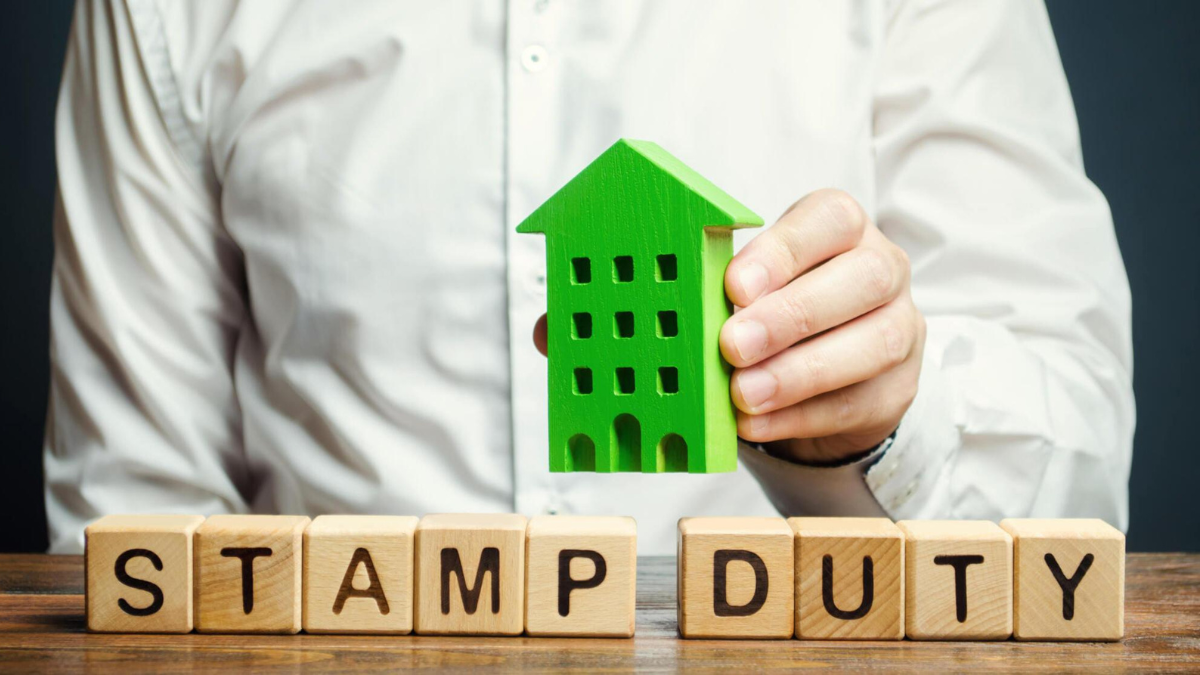
Steps to verify the legality of a property
February 1, 2023 . Home Buyer's Guide . 10 min readHow do you verify that you are purchasing a legally verified property? Investing your hard-earned money in a property that may be involved in a legal dispute or litigation can be quite a harrowing experience. Let us find out if the property you are about to invest in is legally verified or not.
The real estate sector is growing rapidly, with new towns and cities being developed and satellite industrial and residential zones being built around major metropolitan areas. As people have greater purchasing power, many professionals are buying their first or even second homes. However, with the increasing number of real estate sales and purchases, there has also been a rise in disputes over land. When investing in property, it’s crucial to be vigilant and ensure that you are investing in a legally verified property.
There are many things that you can do to make sure that you are investing in a legally verified property but it is not feasible to verify every aspect. Nonetheless, there are lots of red flags you can detect by observing and asking for information that is available openly.
Ask for the bank approvals
You can only obtain a home loan for a legally verified property. When you apply for a home loan, the bank or housing finance company has its own process for verifying the legality of the property. In most cases, the property you purchase with a home loan serves as collateral. You will provide all relevant documents to the bank, as they are investing a significant amount of money in the form of the home loan. To protect their investment, the bank or finance company will conduct both legal and technical verifications of the property before granting the home loan. This is because until you have fully repaid the loan, the property remains the property of the lender and they want to ensure that there are no disputes associated with the property in case of a recovery.
Check the title papers
The title paper or deed establishes ownership over an immovable asset such as a real estate property. When a property changes hands, the title or deed is transferred to the new owner. For instance, if you purchase a legally verified apartment, your name will appear on the title paper or deed. The title papers provide information about the rightful owner of the property, their rights and privileges over the property, as well as the description and location of the property.
It is advisable to request and review the title papers before purchasing a property. Once you have the title papers, you can verify the documents at the sub-registrar’s office or through designated websites of individual states in India.
Crosscheck encumbrance certificate
The encumbrance certificate tells you that the property is legally free from any mortgage. There is no pending loan with the property. The certificate also carries the name of the previous owner, if applicable. For a legally verified property, the information in the encumbrance certificate must be in order.
Match the approved plan with the actual site
Make sure that the property is not built on an illegally encroached site. Even if the property is fully built, sooner or later, it will get into a legal dispute. In many instances, such properties are demolished by government authorities, with no compensation to the people who bought the it or constructed on a disputed site. A legally verified property should have been built on a site that is sanctioned for construction purposes.
Even if the property is built on a legally sanctioned site, make sure that the property is built based on an approved map. Ensure that the number of floors that the property has are within the range of legal permissions.
Ask if you can see the property tax slips
You can check property tax slips if you are considering purchasing a resale property. To pay property tax, the property must be legally registered and regularized. If property tax has been paid for several years, it is a good indication that there are no legal disputes regarding the property, no encroachments, and that it was built on the designated land.
For instance, in Uttarakhand, a colony is at risk of being demolished because the houses were built on railway land and many new owners who bought properties in the colony were unaware of this issue. The Supreme Court has so far protected the inhabitants from becoming homeless, but their situation remains uncertain.
Find out if the project has a registered society
It is a common practice that a housing society or an apartment building has a registered resident welfare association or welfare society. A society can only be registered legally if it represents a legally verified housing society.
Conclusion
To check if a property is legally verified is one of the most important steps you must take before deciding to invest in the property. The stakes are quite high. The redress can be quite convoluted once you get trapped. The time that you may save by not checking the legal verification is minuscule compared to the years that you may have to spend trying to recover your losses.






